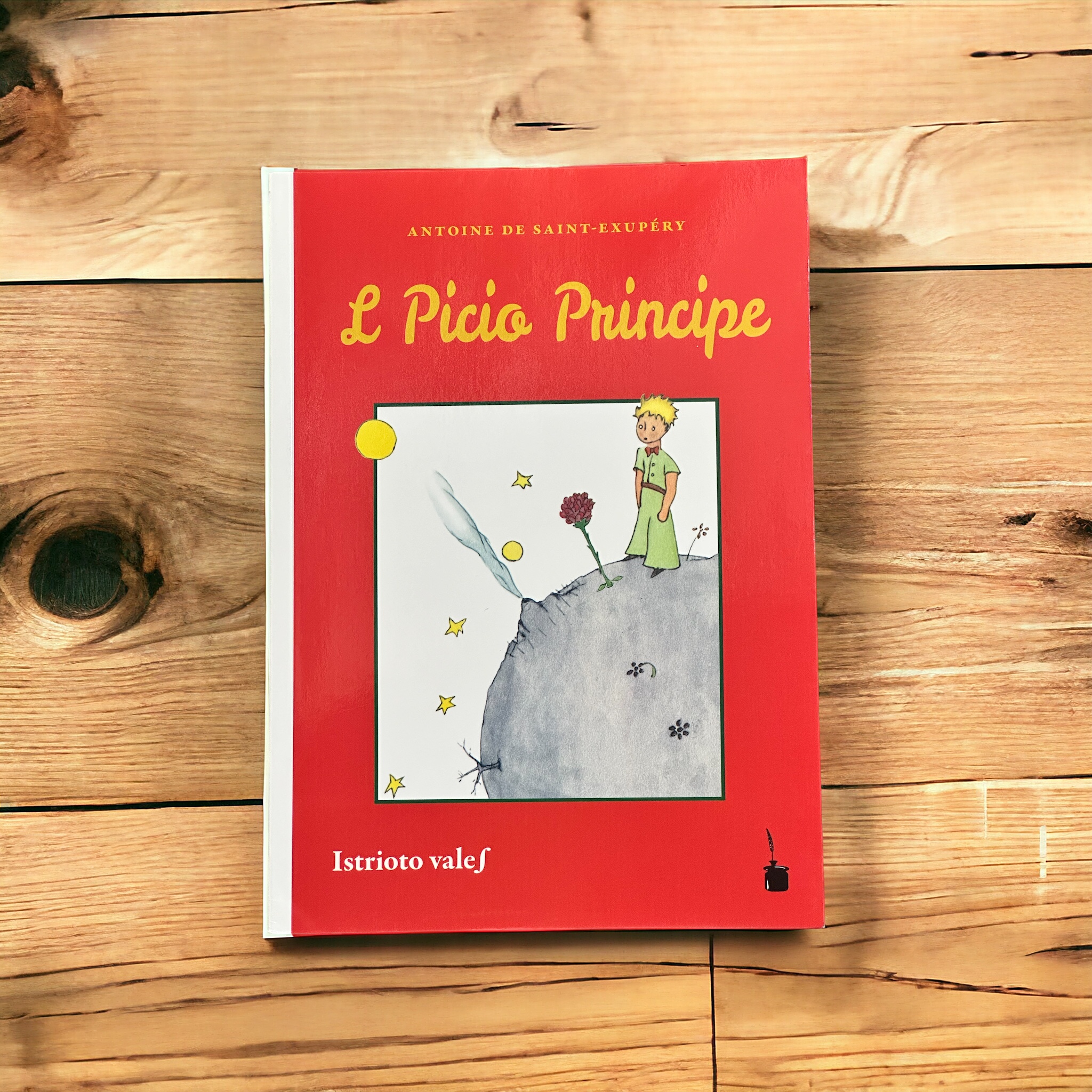
L Picio Principe — in Istriot.
Istriot, or the Istrian dialect, is a Romance language spoken by a small number of people in the Istrian Peninsula, which is divided between Croatia, Slovenia, and Italy. Istriot is distinct from other languages spoken in the region, such as Croatian, Slovenian, and Italian, including the Venetian and Istro-Venetian dialects. It represents a unique linguistic tradition that has survived in some coastal towns of Istria, most notably in Rovinj (Rovigno), Vodnjan (Dignano), Bale (Valle), Fažana (Fasana), and Ližnjan (Lisignano).
Istriot is characterised by its own vocabulary, phonology, and grammar, which distinguish it from the surrounding Slavic and Romance languages. It retains many archaic features not found in other Romance languages, which makes it of particular interest to linguists. There are several dialects of Istriot, reflecting the historical and geographical diversity of the Istrian Peninsula. Despite these differences, the dialects share a common core of linguistic features.
The precise origins of Istriot are debated, but it is generally considered a descendant of the Romance languages spoken in the Roman Empire, with influences from Venetian, due to the long period of Venetian rule over parts of Istria, and later from Italian.
Istriot is considered an endangered language, with a dwindling number of native speakers, primarily among the older population. The language has suffered from the pressures of more dominant languages in the region, including Italian, Croatian, and Slovenian.


